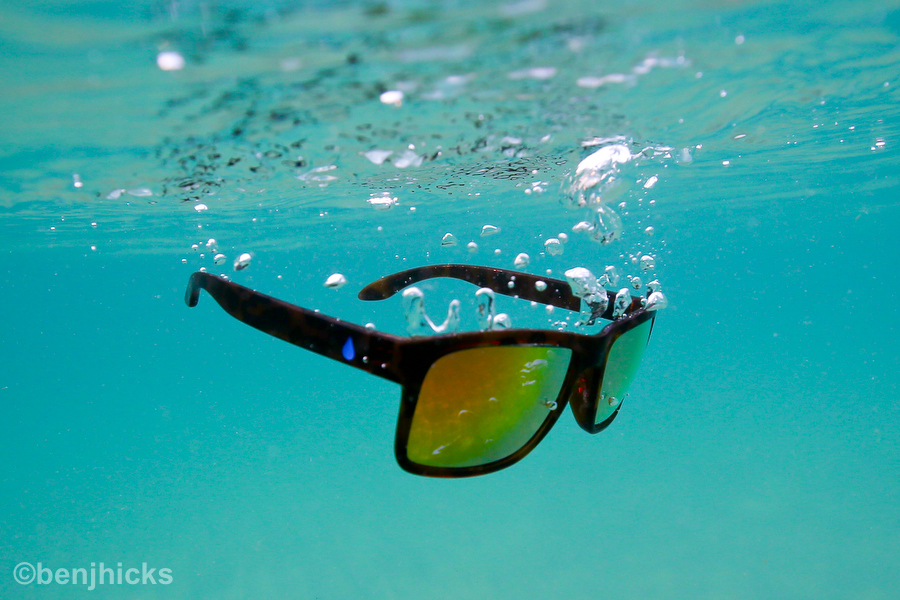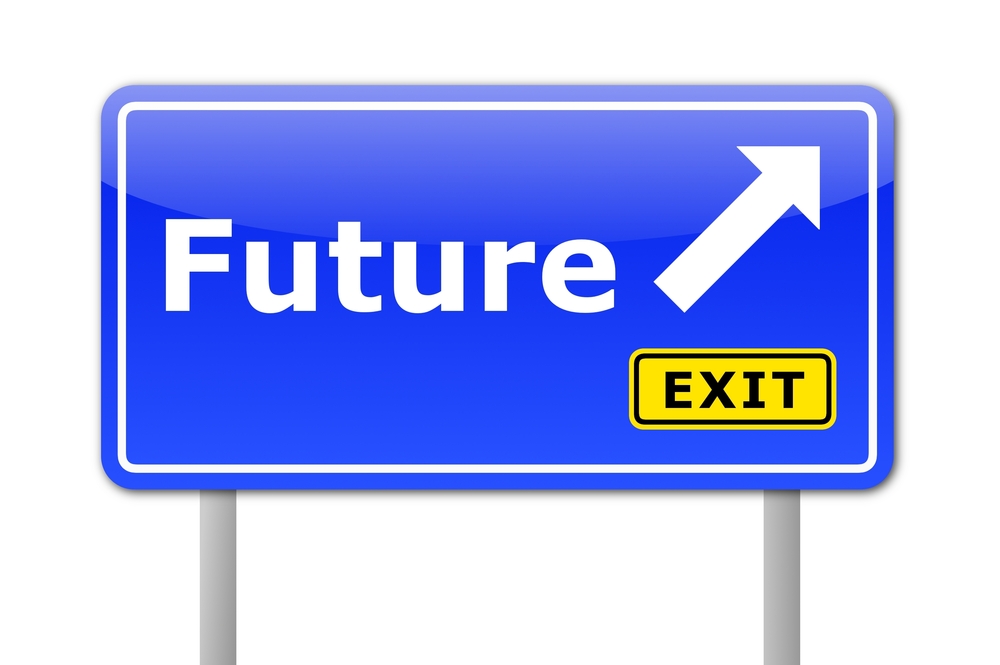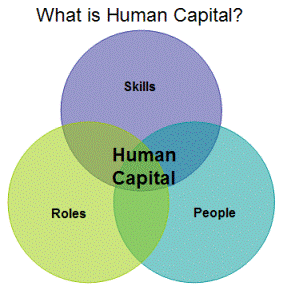 You.
You.
After reading my comments and reflecting on my first idea napkin I don't need to add much to this section, but will do so in the following. This is my previous description of who I am:
In order to understand and develop marketing strategies and the best way to sell the product, I need to realize my best strengths as an entrepreneur. I am a strong leader and have always taken direction when given a challenge. I know how to communicate with people and feel that I can have a genuine conversation with most everyone I meet. I've had experience in making clients lower prices for construction products as well as cutting deals with expensive fishing equipment. I have experience in overcoming adversity as I was always told I wouldn't be able to make the football team at Florida. Rather than listening, it drove me to work harder and eventually making the roster. I feel that any entrepreneur must have this attitude in that there will inevitably be negative feedback or "haters" everywhere in life.
What are you offering to customers?
This product prevents expensive sunglasses from being lost to oceans, rivers and lakes. It will help take away headaches and save money for fishermen and boating enthusiasts.
Once dropped in water, the product won't trigger. But, once the glasses sink below 2 feet, the Floaki takes effect. A small flotation device is released, allowing the glasses to rise back to the surface.
Who are you offering it to?
I believe this product can help anyone who is around the water. Whether it be salt or fresh, nothing is stopping your $200 glasses from sinking out of site. I think the unmet need resides mostly with fishermen and recreational boaters.
Why do they care?
After speaking to numerous fishermen and being one myself, I share the frustration of losing a nice pair of sunglasses to the ocean or lake. If a product will save both added headaches and bank accounts I believe people will buy Floaki.
What are your core competencies?
I feel that the ability for the product to float after being lost sets it apart from others. There are sunglasses that float, but none that are ranked among the most effective glasses. Having peace of mind that after making the simple mistake of dropping your glasses they'll float back up goes a long way with people (especially me).
Conclusion.
When evaluating these elements I think they fit together rather well. The unmet need is definitely there but a sufficient product hasn't come out to exploit it. I know that discovering this need out of my own necessity means there are other customers out there, and after speaking with various fishing guides and power boaters it confirmed the unmet need. Even though there is opportunity here, I know I would need help in getting the product made and developed.
Feedback memo.
After receiving feedback from my Idea Napkin No. 1, I had to adjust parts of my marketing scheme. I discovered that I was promoting it the wrong way by trying to bash croakies for their looks. I should be talking about the functional differences, not the looks. Yes, croakies seem ugly to a lot of people, but fishermen need to remove their glasses all the time while on the water and croakies make that easier than ever. I use croakies when I'm on the water so I had to change my approach.
After thinking about it in more depth, I realized there is even potential for another product--croakies with the addition of Floaki, but I'll get to that later. From my feedback I think the biggest discovery was the issue with "What am I offering" and "Why do I care" and I have changed them above.
Because there were only a couple issues brought up from feedback, I'll do my best to make five points:

- People like the idea
- There is potential
- I should change my approach (not using "ugly croakies" as a strategy)
- Changing my approach changes the products main function (how I describe it)
- I'm able to effectively describe the product and market demographic
 I selected this exit strategy because I know how my mind works, and 5 years from now I will likely be eager to experience something other than Floaki. Granted, I could be very wrong and if the product is a huge success I would like to hold on to the company (wouldn't we all). If I had to bet, though, I see myself wanting to sell. I always viewed this venture as a side business to my main career, so selling wouldn't be a devastating financial blow.
I selected this exit strategy because I know how my mind works, and 5 years from now I will likely be eager to experience something other than Floaki. Granted, I could be very wrong and if the product is a huge success I would like to hold on to the company (wouldn't we all). If I had to bet, though, I see myself wanting to sell. I always viewed this venture as a side business to my main career, so selling wouldn't be a devastating financial blow. 










